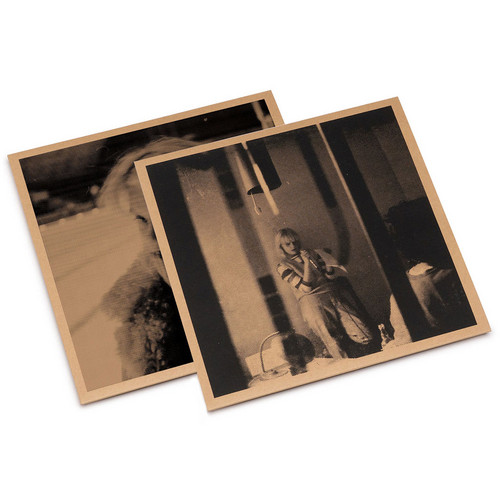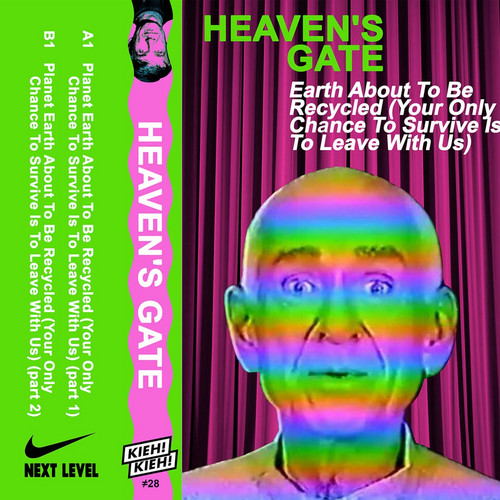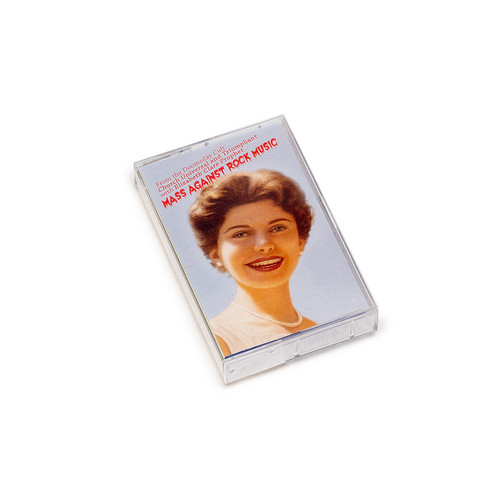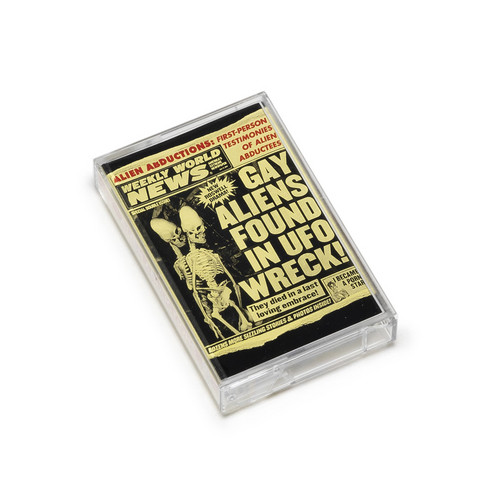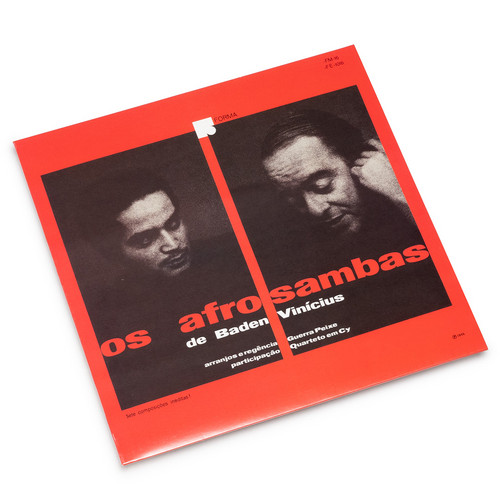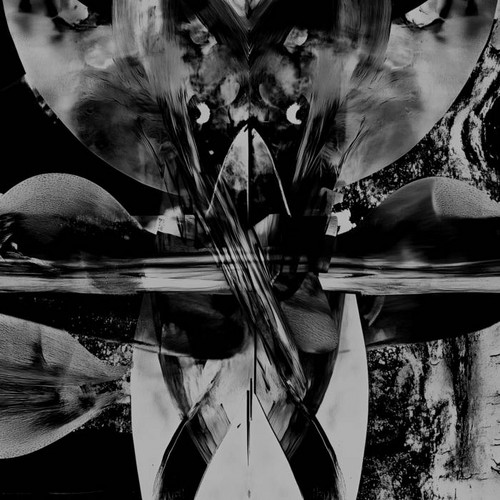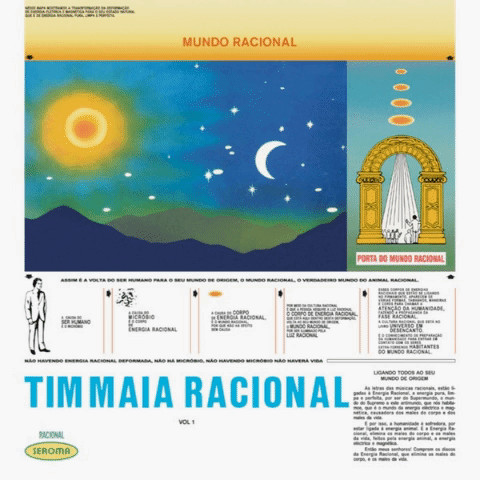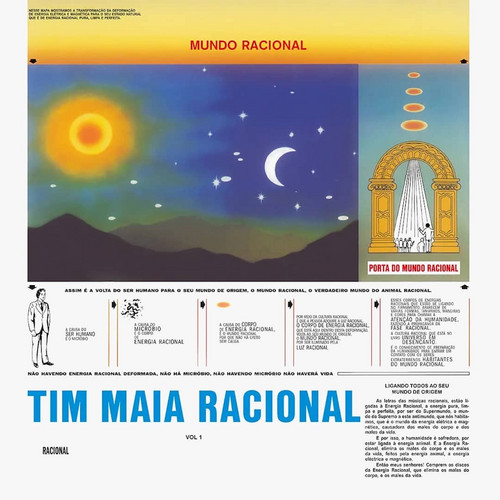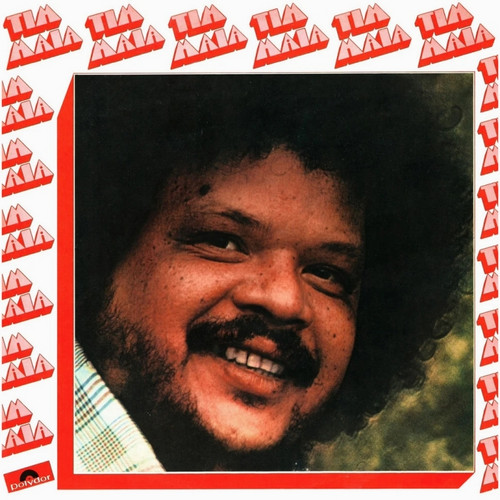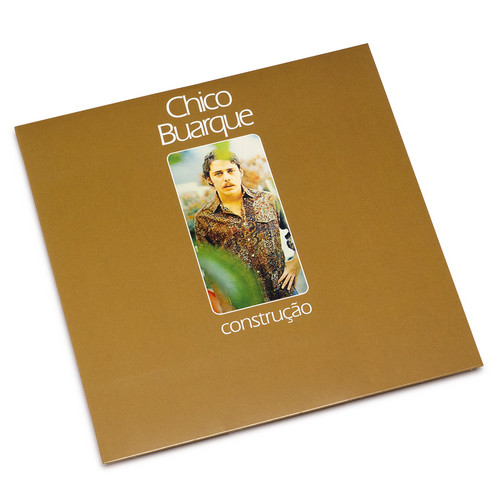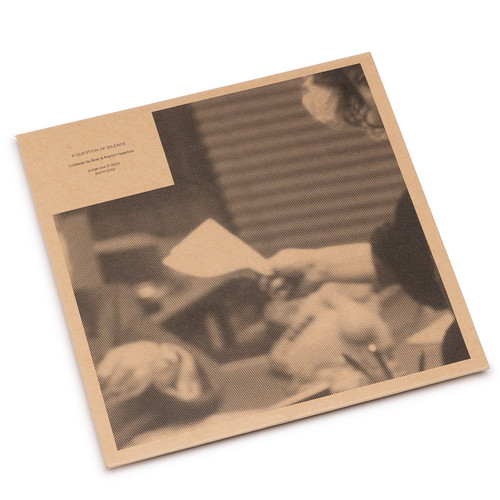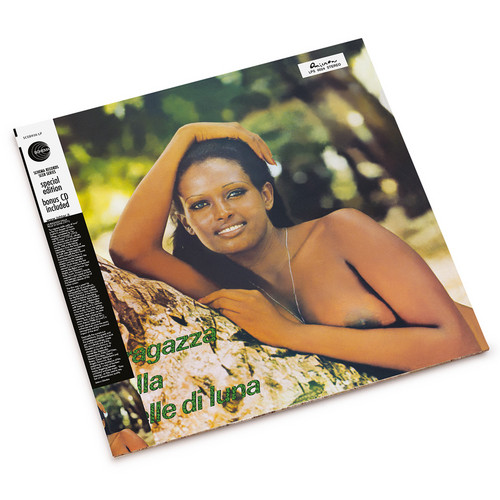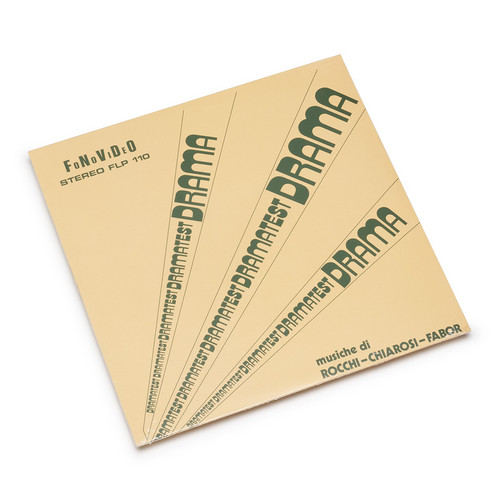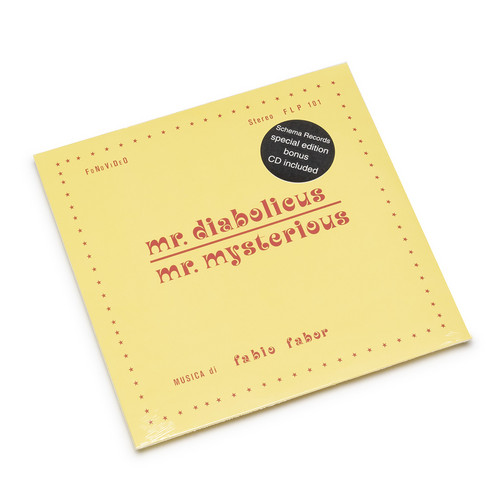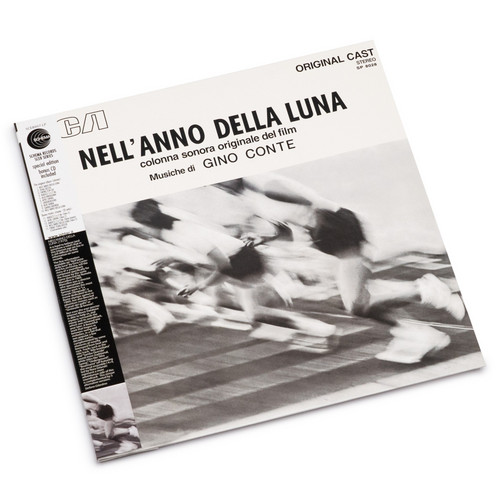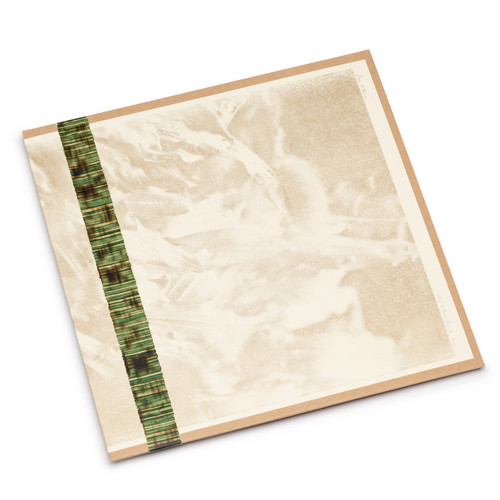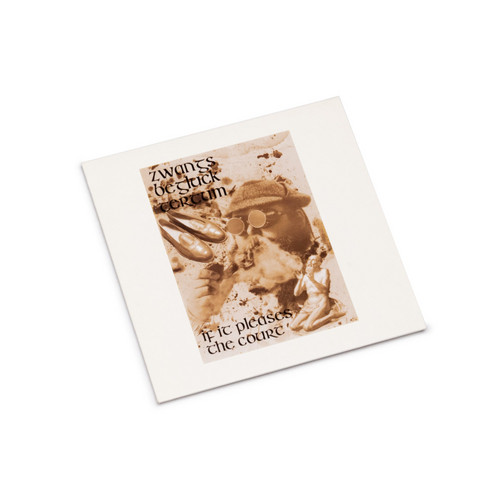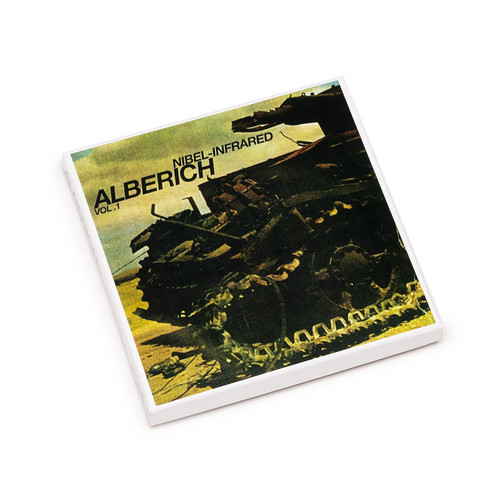Back in stock
Trabant Bundle
** Special Discounted Bundle ** The complete archival collection of Hungary's legendary underground collective Trabant (1980-1987), preserved by Purge in two essential volumes. Active behind the Iron Curtain during the harshest years of authoritarian communism, this loose collective of songwriters and filmmakers - including Mihály Víg, János Vető, György Kozma, and Marietta Méhes - created hundreds of DIY recordings that were hand-traded on cassettes within the Hungarian underground.
Described a…
Planet Earth About To Be Recycled (Your Only Chance To Survive Is To Leave With Us)
Heaven’s Gate, an American cult founded in 1974 by Bonnie Nettles and Marshall Applewhite, was known by various names over the years, including Human Individual Metamorphosis, Bo and Peep, and Total Overcomers Anonymous. The group advocated extreme self-renunciation, even to the point of castration. It gained widespread attention in March 1997 after 39 members committed suicide in a suburb of San Diego, California.
Acting on an anonymous tip, police entered a mansion and discovered the bodies of…
Mass Against Rock Music
Elizabeth Clare Prophet's "Mass Against Rock Music" comprises recordings that document Prophet's spiritual campaign against the negative influences of rock music. These masses were hypnotic drone chants aimed at promoting spiritual protection and purity.
Prophet claimed to be a messenger of spiritual hierarchy known as the Ascended Masters, who she asserted communicated with her and through her. The teachings covered topics such as karma, reincarnation, and spiritual enlightenment, taking inspir…
Alien Abductions: First-Person Testimonies of Alien Abductees
*In process of stocking* Buckle up for some wild extraterrestrial tales on this tape! You'll hear from those who claim to have been whisked away by aliens in their shiny saucers. First up, we have the classic Betty Hill's Zeta Reticuli escapade, the OG of alien abduction stories. But wait, it gets better! We also have Elizabeth Klarer, who says she had a love affair with an extraterrestrial, resulting in a family of three. And more out of this world stories.
Os Afro Sambas
“The Afro-Sambas from Baden Powell and Vinícius de Moraes”… Many guitarists all over the world respectfully smile when they hear these words. The compositions are true masterpieces that never seem to loose their inspiring quality. The two legends in Brazilian Music recorded the album in 1966 as a conclusion of their mutual interest in the Afro-Brazilian culture.
As a witness of the rise of Bossa Nova, Baden Powell (1937, Varre-Sai (north of Rio de Janeiro)) got in contact with Tom Jobim in 1959.…
Vox Flora, Vox Fauna
“Vox Flora Vox Fauna” is an invocation in which Ece Canli channels the voice of Earth itself. A ritual of breath, rebirth, bone, and buried memory. Like the most transcendent moments of Dead Can Dance, the soundscapes are primitive, tribal, atmospheric, and utterly cathartic: echoes of a wounded planet, mourning and resisting at once. They unleash the raw force of Gaia, vibrating through ancient rhythms and spectral chants that seem to rise from the soil itself. In an age of collapse, this is mu…
Racional Vol 1 + 2
2023 Reissue. Exact LP repro edition. Grey-area reissue of these legendary albums, with top audio quality privately released by Tim Maia on his own Seroma imprint (the name Seroma is the sum of the first syllables of Tim Maia (Sebastião Rodrigues Maia) names. SE from Sebastião, RO from Rodrigues and MA from Maia). It’s difficult to overstate the importance of Brazil’s Tim Maia. A wildly restless creative mind Tim Maia was also a huge personality. The larger than life man made a huge contribution…
Racional Vol 1
Racional Vol. 1 is the 1975 album from Brazilian funk and soul master Tim Maia, created during his brief but intense conversion to the Rational Culture cult. The album’s cosmic themes, spiritual lyrics, and deeply grooving arrangements have since made it a revered cult classic - once obscure and self-released, now hailed for its blend of spiritual quest and irresistibly tight Brazilian funk.
Tim Maia 1973
An icon of Brazilian popular music, Tim Maia was a musical polymath and prolific recording artist best known for introducing American soul to the Brazilian music scene, pioneering the sambalanço style by blending elements of soul, funk, rock, and samba. Maia recorded four self-titled albums for Polydor Brazil, this fourth release from 1973 arguably the best, with its outstanding hits ‘Réu Confesso’ and ‘Gostava Tanto de Você’; ‘Do Your Thing, Behave Yourself’ shows how the soul form fitted him p…
Construcao
Construção (Portuguese for 'Construction') is the eighth studio album by Brazilian singer-songwriter Chico Buarque, released in December 1971. It was composed in periods between Buarque's exile in Italy and his return to Brazil. Lyrically, the album is loaded with criticisms of the Brazilian military dictatorship, especially with regard to the censorship imposed by the government at the time. It is widely regarded by music critics as one of the greatest Brazilian albums of all time.
A Question of Silence / Broken Mirrors
Purge.xxx unveils hidden gems of Dutch experimental cinema with the first ever release of Lodewijk de Boer & Martijn Hasebos' synthesiser soundtracks that have remained hidden in the vaults for over four decades. The centerpiece of this historic release is the collaborative score between Lodewijk de Boer (longtime collaborator of avant-garde filmmaker Frans Zwartjes) and Martijn Hasebos for Marleen Gorris' explosive 1982 debut film “A Question of Silence”, alongside de Boer's solo score for Gorr…
La Ragazza dalla Pelle di Luna
500 copies, audiophile pressing. Perfect replica of the original packaging, newly remastered for optimal sound. “La ragazza dalla pelle di luna” is the first chapter of Piero Scattini’s acclaimed movie trilogy,completed by “La ragazza fuoristrada” (1973) and “Il corpo” (1974), whose soundtracks were all entrusted into Piero Umiliani’s expert hands. With a title taking inspiration from the fame of Seychelles’ indigenous beauties (a myth later dismissed by Scattini himself) the film found its prot…
Dramatest 1974
Absolute music composed for keyboards whose sounds have been processed to obtain particular effects, timbres, and soundscapes. That phrase, clinical and precise, barely hints at the strange beauty of Dramatest, a 1974 collaboration between two of Italian library music's most inventive figures: the Florentine jazz pianist Oscar Rocchi (working here under his pseudonym Chiarosi) and the Milanese polymath Fabio Fabor. Originally released on Fonovideo, one of several sublabels operated by Fabor's ow…
Mr. Diabolicus - Mr. Mysterious
Among the countless composers who populated the Italian library music scene of the 1970s, Fabio Fabor remains a figure shrouded in genuine mystery. Born Fabio Borgazzi in Milan in 1920, he pursued classical training at the Giuseppe Verdi Conservatory before building a parallel career that encompassed opera, symphonic works, chamber music, and popular song. His compositions were interpreted by some of the most beloved voices in Italian music, including Fred Buscaglione, Nilla Pizzi, and Nicola Ar…
Nell'Anno della Luna
A deep mystery surrounds both the film Nell'anno della Luna and its beguiling 1970 soundtrack, a work that hovers somewhere between the elegant swing orchestrations of an earlier era and the more adventurous sonic territories being charted by Italian composers at the close of the 1960s. Even in our current age of instant information and exhaustive online databases, almost nothing is known about the movie itself. What remains is the music: ten tracks of remarkable sophistication and inventiveness…
The Other Dead Sea
2022 Jon Collin's LP release on Laboratorio Palestro. Repressed this year on Early Music.Cover photo by Maximilian Rossner Mastered for vinyl by Giuseppe Ielasi
If It Pleases The Court
2025 stock "Oh joy, oh rapture! Sweet, sharp noise music by the transcontinental trio, the sound of our men’s small wills writ large. Microscopic made big. I mean, to think it’s been nearly half a decade since we’ve heard from these guys! And is this the end of the road? It's different. While their preceding statement focused on strident bandmember solos, If It Pleases The Court sees Zwangsbeglucktertum finally enjoying each other once again, showcasing an energy that can only manifest through i…
Nibel-Infrared Vol. 1
Nibel-Infrared Vol. 1 is the first in a series of ongoing collections from the various epochs of Alberich’s rotten body of work, continuing on from the recent 4xcs version of nato-uniformen.
Nibel-infrared vol. 1 includes the following obscure and classic tracks from: turned back, fall where they would, of man, of genius, rumbala, and rare compilation tracks - not to be missed for existential soldiers of mega heavy electronics!
Water Witches
Water Witches is an immersive box set that gathers the early, shadowy works of Rainforest Spiritual Enslavement, Dominick Fernow’s most enigmatic project. Remastered by Paul Corley, it offers over five hours of haunted ambient and drone, conjuring dense, hallucinatory soundscapes that blur the line between ritual and environment. A definitive grimoire for those drawn to acousmatic magick and deep listening.
War Games 95-99
Tip! ‘War Games 95-99’ is the definitive and extended collection of the ultimate teenage midwestern noise band notorious for live shows using a full desktop computer on stage. While there were predecessors to the stage, Flutter was the first mostly computer generated noise to emerge from the harsh noise subculture dominated by pedals in the 90's tape scene. Unapologetically domestic, Flutter blended seemingly wholesome midwest extracurricular activities with a soundtrack of suburban angst and pl…
